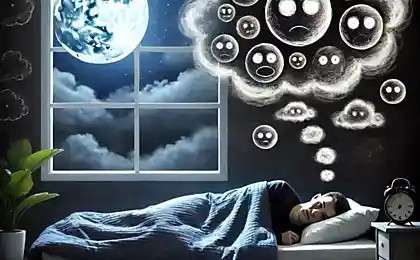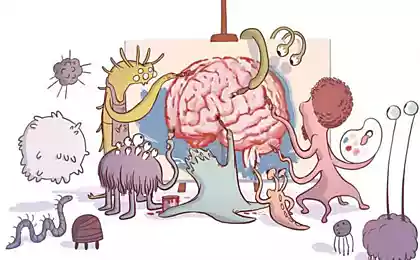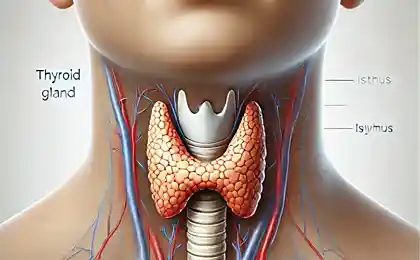210
Mental health: how to understand that there are problems

Mental health is not just the absence of disease. This is a condition in which a person is able to effectively cope with everyday tasks, maintain emotional balance and maintain normal relationships with others. In recent years, mental health issues have become increasingly relevant, as life in the modern world is associated with high levels of stress and uncertainty. How do you know if your mental health needs attention? How to recognize the first signs of mental problems?
What is mental health?
Mental health is a fundamental aspect of our overall well-being that affects how we think, feel and act. It reflects a person’s ability to cope with everyday stresses, work productively, adapt to change and live a full life. When mental health is impaired, it can affect all aspects of life, from work to relationships with loved ones.
When should you think about mental health?
From time to time, we all have moments of stress, anxiety, or even apathy. However, if these feelings become persistent and begin to interfere with normal life, it may be a signal that mental health is not all right. Consider a few signs that may indicate the need to contact a specialist.
Signs of mental problems
- A constant sense of anxiety. If you are constantly disturbed by something that has no specific reason, and these anxious thoughts begin to haunt you even in a calm environment, this may be a sign of anxiety disorder.
- Loss of interest in life. When favorite activities do not bring joy, and thoughts about the future seem empty or hopeless, it can be a symptom of depression.
- Changes in behavior. For example, sharp aggression, irritability or vice versa, complete apathy. This may indicate stress, burnout, or other psychological problems.
- Physical symptoms. Persistent headaches, insomnia, stomach problems or heart palpitations can result from chronic stress and anxiety.
- Social isolation. A desire to avoid socializing with family and friends, avoiding activities and daily activities may indicate mental health problems.
How does stress affect the psyche?
Stress is the body’s natural response to external or internal stimuli. However, when stress becomes chronic, it can have devastating effects on mental and physical health. For example, constant anxiety or pressure at work can lead to burnout, depression, and even psychosomatic illness. It is important to learn how to respond properly to stressful situations and find ways to restore balance.

Psychological consequences of chronic stress:
- Anxiety and phobias. Stress can trigger the development of various anxiety disorders, such as panic attacks and social phobia.
- Depression. Overstrain, lack of sleep and emotional burnout can cause a long depressed state.
- Memory impairment. Chronic stress affects the ability to concentrate and remember.
- Physical health problems. Against the background of constant stress, somatic diseases can occur, such as hypertension, diabetes, heart disease.
What to do if you notice signs of a problem?
If you notice several signs of mental health problems, do not delay the solution of this problem. There are many methods that help to improve the psycho-emotional state and return balance to life.

Steps to Improve Mental Health:
- Seeking support. Sometimes communicating with loved ones or trusted people can provide tremendous support. Don't be afraid to open up.
- Psychotherapy. Working with a psychologist or therapist can help you work through internal problems and learn how to cope with difficulties.
- Physical activity. Regular exercise promotes the production of endorphins, which help reduce stress levels and improve mood.
- Meditation and relaxation. Mindfulness practices, yoga and breathing exercises can reduce anxiety and increase awareness.
- Sleep. Quality sleep is the foundation of mental health. Aim for 7-8 hours of rest each night.
Conclusion
Mental health is as important a part of our overall well-being as physical health. Its violations can lead to serious consequences, so it is important to recognize the signs of problems in a timely manner and seek help. Keep in mind that mental health care requires regular attention and care, not just during difficult times in life.
Adrenaline fatigue: how to cope with burnout
Why you should stop feeling sorry right now and how to do it























